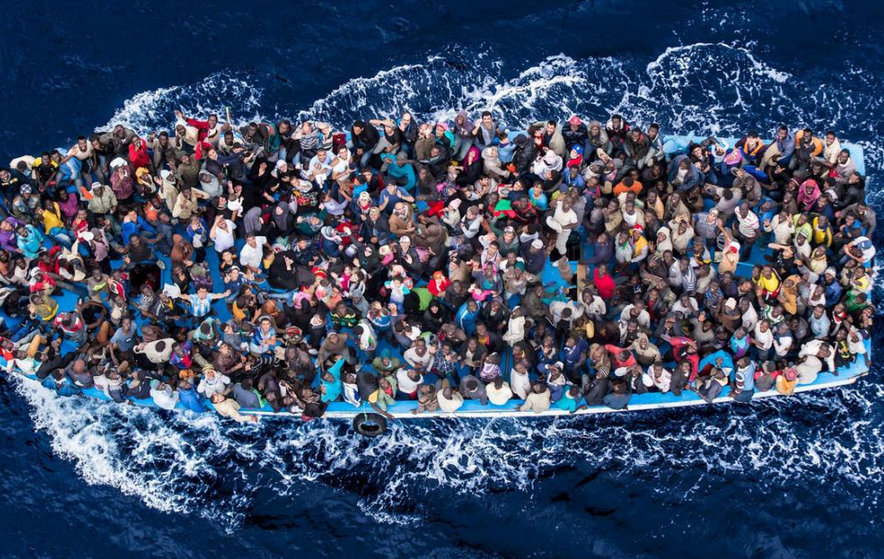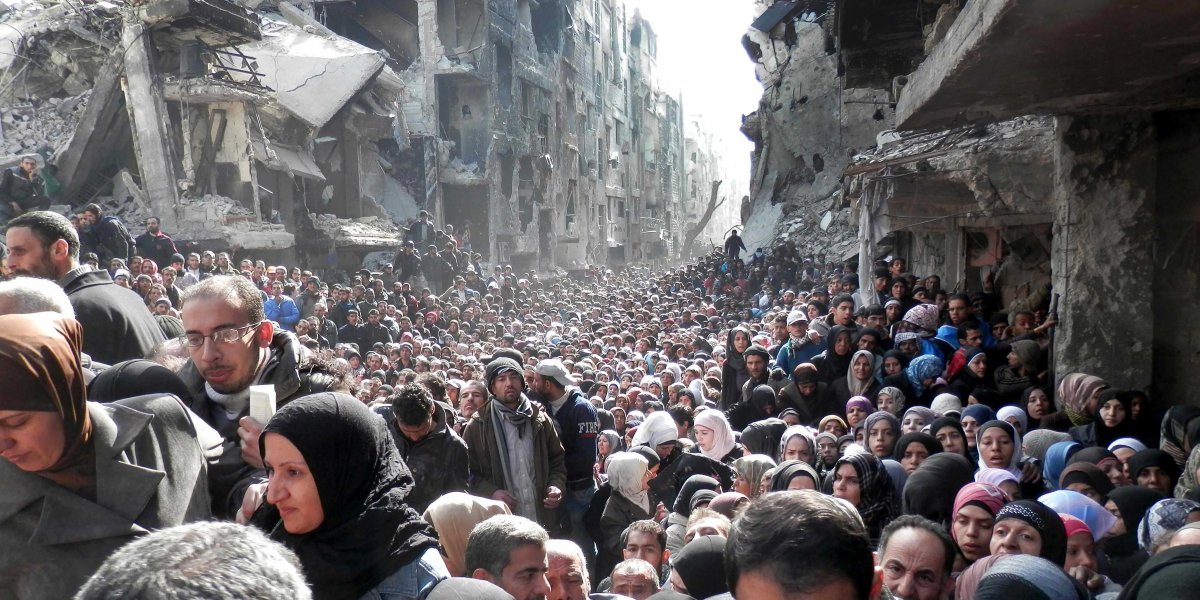Want the real facts about refugees? Here are the answers to some of the most common questions asked about refugee and asylum:
“What is a refugee?”
- According to the UN Refugee Convention, the definition of a refugee is someone who…‘owing to a well-founded fear of being persecuted for reasons of race, religion, nationality, membership of a particular social group, or political opinion, is outside the country of his nationality, and is unable to or, owing to such fear, is unwilling to avail himself of the protection of that country’ (Article 1, 1951 Convention Relating to the Status of Refugees)
“What is an asylum seeker?”
- The definition of an asylum seeker is someone who has arrived in a country and asked for asylum. Until they receive a decision as to whether or not they are a refugee, they are known as an asylum seeker. In the UK, this means they do not have the same rights as a refugee or a British citizen would. For example, asylum seekers aren’t allowed to work.
- The right to seek asylum is a legal right we all share. It isn’t illegal to seek asylum, because seeking asylum is a legal process. It also isn’t illegal to be refused asylum – it just means you haven’t been able to meet the very strict criteria to prove your need for protection as a refugee.
“Are there many refugees and asylum seekers in the UK?”
- No. According to the UNHCR, by mid-2015 there were 117,234 refugees, 37,829 pending asylum cases and 16 stateless persons in the UK. That’s less than one quarter of a percent of the UK’s total population (around 0.24%).
“Is the number of asylum seekers and refugees in the UK increasing?”
- Asylum applications to the UK are relatively low – 32,733 in 2015. Although they have increased a little in recent years, they’re still significantly lower today than the peak of 84,000 applications back in 2002.
“Where do refugees come from?”
- The vast majority of people who seek asylum in the UK have fled countries ravaged by war and human rights abuses. In 2015, the largest number of asylum applications to the UK came from nationals of Eritrea (3,695), Iran (3,242), Sudan (2,912) and Syria (2,539).
“Which countries help the most refugees?”
- 86% of the world’s refugees are hosted by developing countries. When the UNHCR last released information about the numbers of refugees hosted by different countries (in June 2016) the country hosting the most refugees was Turkey – then home to 2.5 million refugees. Other significant host countries for refugees were Pakistan (1.6 million), Lebanon (1.1 million) and the Islamic Republic of Iran (979,400).
“How many Syrian refugees are there and how many is the UK helping?”
- According to the UNHCR in June 2016, there are around 4.9 million Syrian refugees worldwide. Around 3.6 million of these refugees are currently being hosted by just two countries – Turkey and Lebanon. As well as providing aid to the refugee camps on Syria’s borders, the UK has pledged to resettle 20,000 Syrians. As of June 2016, 2,682 Syrian refugees have come to the UK through this scheme.
“Which countries in Europe have the most asylum seekers?”
- For the year ending June 2016, Germany received the highest number of asylum application (665,000). Sweden was second (149,000) and Hungary third (131,000)
- Between them, these three countries received 63% of all of the asylum applications in Europe. In comparison, the UK was 8th in Europe for the number of asylum applications it received last year.
“Can asylum seekers work or claim benefits?”
- Asylum seekers are not allowed to claim benefits or work in the UK. If they are destitute and have no other means of supporting themselves, they can apply to receive asylum support. This is set at around £5.28 per day.
“What happens to someone when they get refugee status?”
- When a person is given refugee status, they have just 28 days to find accommodation and apply for mainstream benefits before they are evicted from asylum accommodation. Many refugees become homeless at this stage.
Got more questions? Contact us on 0161 868 0777 or email on info@mrsn.org.uk




